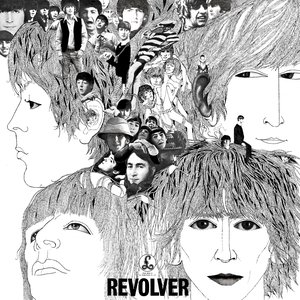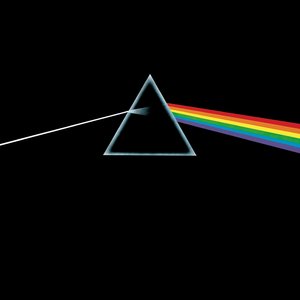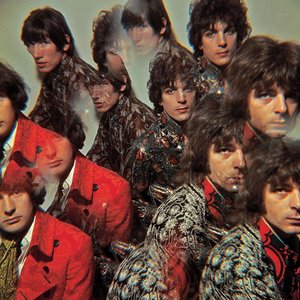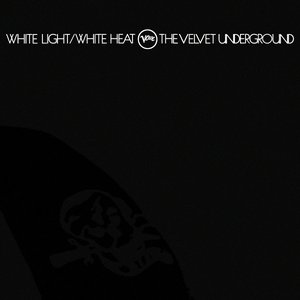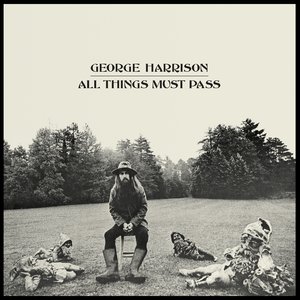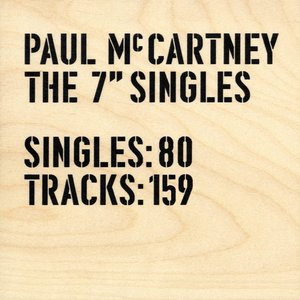Wiki
-
Length
2:59
"Tomorrow Never Knows" is a song by the English rock band the Beatles, written primarily by John Lennon and credited to Lennon–McCartney. It was released in August 1966 as the final track on their album Revolver, although it was the first song recorded for the LP. The song marked a radical departure for the Beatles, as the band fully embraced the potential of the recording studio without consideration for reproducing the results in concert.
When writing the song, Lennon drew inspiration from his experiences with the hallucinogenic drug LSD and from the 1964 book The Psychedelic Experience: A Manual Based on the Tibetan Book of the Dead by Timothy Leary, Richard Alpert and Ralph Metzner. The Beatles' recording employed musical elements foreign to pop music, including musique concrète, avant-garde composition and electro-acoustic sound manipulation. It features an Indian-inspired modal backing of tambura and sitar drone and bass guitar, with minimal harmonic deviation from a single chord, underpinned by a constant but non-standard drum pattern; added to this, tape loops prepared by the band were overdubbed "live" onto the rhythm track. Part of Lennon's vocal was fed through a Leslie speaker cabinet, normally used for a Hammond organ. The song's backwards guitar parts and effects marked the first use of reversed sounds in a pop recording, although the Beatles' 1966 B-side "Rain", which they recorded soon afterwards using the same technique, was issued over two months before the release of Revolver.
"Tomorrow Never Knows" was an early and highly influential recording in the psychedelic and electronic music genres, particularly for its pioneering use of sampling, tape manipulation and other production techniques. It also introduced lyrical themes that espoused mind expansion, anti-materialism and Eastern spirituality into popular music. On release, the song was the source of confusion and ridicule by many fans and journalists; it has since received praise as an effective representation of a psychedelic experience. Pitchfork placed the track at number 19 on its list of "The 200 Greatest Songs of the 1960s", and Rolling Stone ranked it at number 18 on the magazine's list of the 100 greatest Beatles songs.
Background and inspiration
Timothy Leary before a crowd of university students during a lecture tour in 1969. In his lyrics to "Tomorrow Never Knows", Lennon drew from Leary's espousal of LSD as a means to transcend material concerns.
John Lennon wrote "Tomorrow Never Knows" in January 1966, with lyrics adapted from the 1964 book The Psychedelic Experience: A Manual Based on the Tibetan Book of the Dead by Timothy Leary, Richard Alpert and Ralph Metzner, which was in turn adapted from the Tibetan Book of the Dead. Although Beatles aide Peter Brown believed that Lennon's source for the lyrics was the Tibetan Book of the Dead itself, which, he said, Lennon had read while under the influence of LSD, George Harrison later stated that the idea for the lyrics came from Leary, Alpert and Metzner's book. Paul McCartney recalled that when he and Lennon visited the newly opened Indica bookshop, Lennon had been looking for a copy of The Portable Nietzsche and found a copy of The Psychedelic Experience that contained the lines: "Whenever in doubt, turn off your mind, relax, float downstream." In 1980, Lennon said he wrote the song during his "Tibetan Book of the Dead period."
Lennon said he bought the book, went home, took LSD, and followed the instructions exactly as stated in the text. The book held that the "ego death" experienced under the influence of LSD and other psychedelic drugs is essentially similar to the dying process and requires similar guidance. This is a state of being known by eastern mystics and masters as samādhi (a state of being totally aware of the present moment; a one-pointedness of mind). Harrison questioned whether Lennon fully understood the meaning of the song's lyrics:
Basically is saying what meditation is all about. The goal of meditation is to go beyond (that is, transcend) waking, sleeping and dreaming… I am not too sure if John actually fully understood what he was saying. He knew he was onto something when he saw those words and turned them into a song. But to have experienced what the lyrics in that song are actually about? I don't know if he fully understood it.
The title never appears in the song's lyrics. Lennon later revealed that, like "A Hard Day's Night", it was taken from one of Ringo Starr's malapropisms. In a television interview in early 1964, Starr had uttered the phrase "Tomorrow never knows" when laughing off an incident that took place at the British Embassy in Washington, DC, during which one of the guests had cut off a portion of his hair. The piece was originally titled "Mark I" and was referred to as such in the EMI studio documentation until the Beatles were remixing tracks for the Revolver album in June. "The Void" is cited as another working title, but according to Beatles historian Mark Lewisohn, this resulted from Neil Aspinall, the band's road manager and assistant, referring to it as such in a contemporary issue of The Beatles Book. Lennon said he settled on Starr's phrase "to sort of take the edge off the heavy philosophical lyrics". He also said "The Void" would have been a more suitable title, but he was concerned about its obvious drug connotations. According to Aspinall's account in The Beatles Monthly, the musical portion of the song was the result of all four Beatles working to ensure the music matched the power of Lennon's lyrics: "The basic tune was written during the first hours of the recording session."
Track descriptions on Last.fm are editable by everyone. Feel free to contribute!
All user-contributed text on this page is available under the Creative Commons Attribution-ShareAlike License; additional terms may apply.
